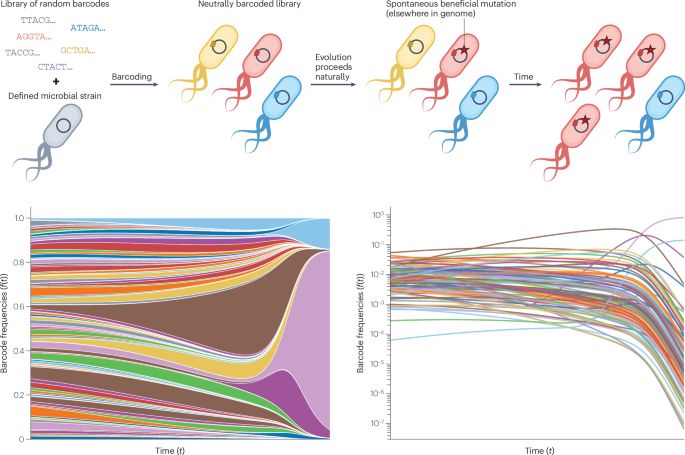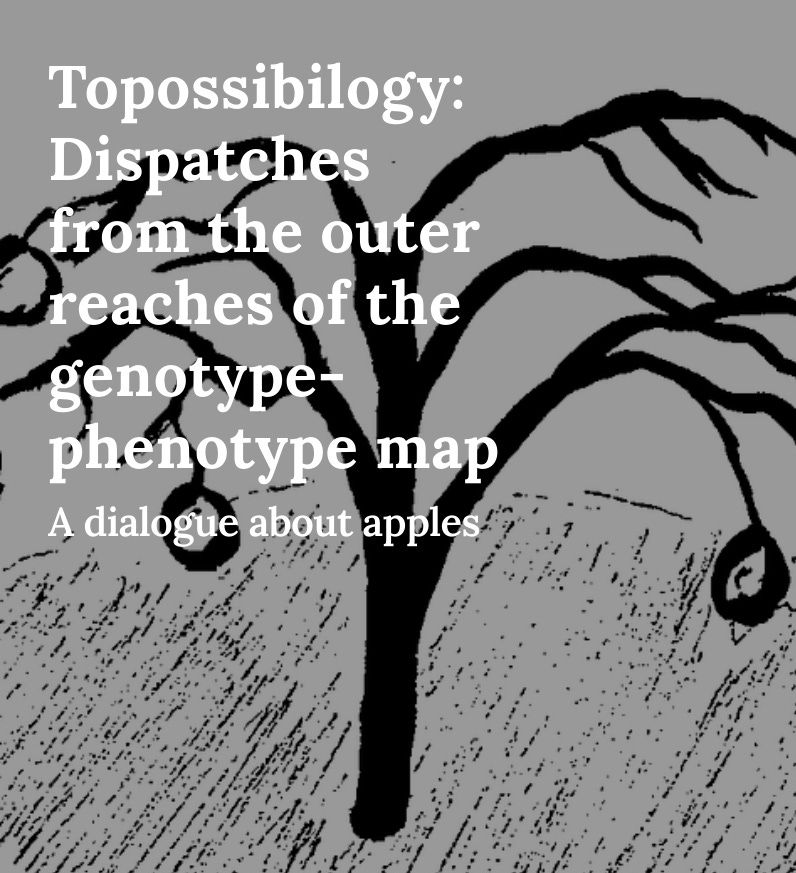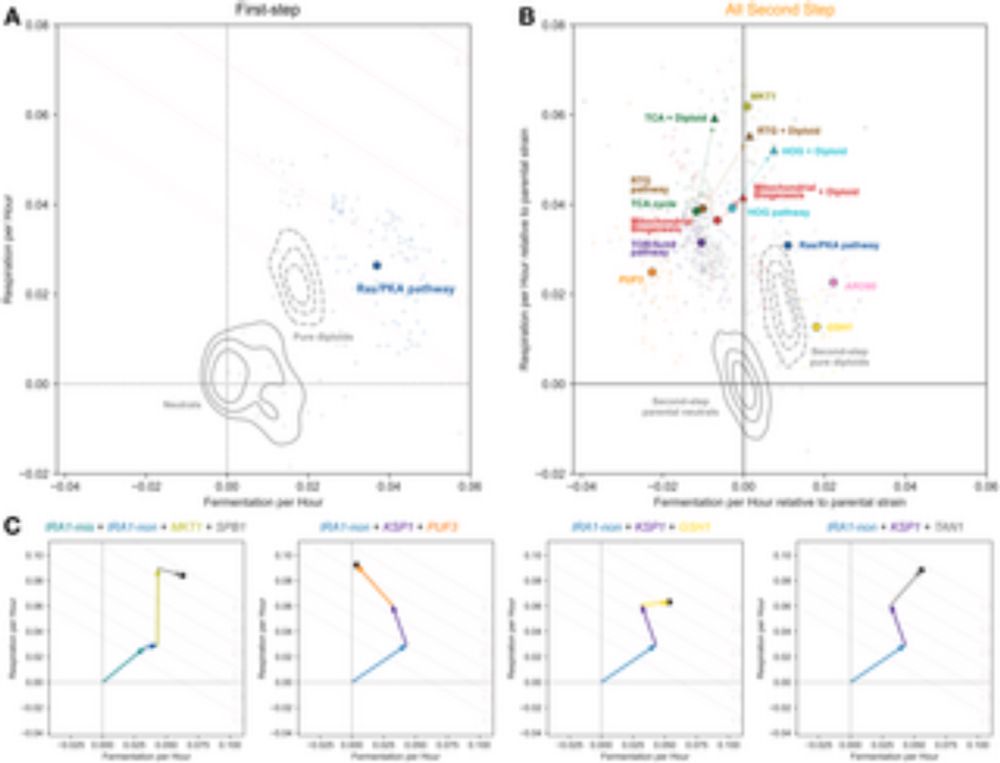
ocf.berkeley.edu/~joaoascensao

www.biorxiv.org/content/10.1...
www.biorxiv.org/content/10.1...



Does this change over the course of evolution?
Excited to share our work in PLOS Biology exploring these questions in the first 2 adaptive steps w/ Yuping Li, @gsherloc.bsky.social, @petrovadmitri.bsky.social 🧵
doi.org/10.1371/jour...

Does this change over the course of evolution?
Excited to share our work in PLOS Biology exploring these questions in the first 2 adaptive steps w/ Yuping Li, @gsherloc.bsky.social, @petrovadmitri.bsky.social 🧵
doi.org/10.1371/jour...
Learn more in our new paper 👉 rdcu.be/d07Np

Learn more in our new paper 👉 rdcu.be/d07Np
Super excited to share a project that has been an exciting journey, and a fun blend of theory and experiment!
www.biorxiv.org/content/10.1...

Super excited to share a project that has been an exciting journey, and a fun blend of theory and experiment!
www.biorxiv.org/content/10.1...
Started 24-Feb-1988.
Evolve cells, evolve!
#science #evolution #bacteria #microsky @barricklab.bsky.social
Started 24-Feb-1988.
Evolve cells, evolve!
#science #evolution #bacteria #microsky @barricklab.bsky.social
authors.elsevier.com/a/1ifo63QW8S...
www.cell.com/current-biol...

authors.elsevier.com/a/1ifo63QW8S...
www.cell.com/current-biol...
authors.elsevier.com/c/1iYm63QW8S...
authors.elsevier.com/c/1iYm63QW8S...

